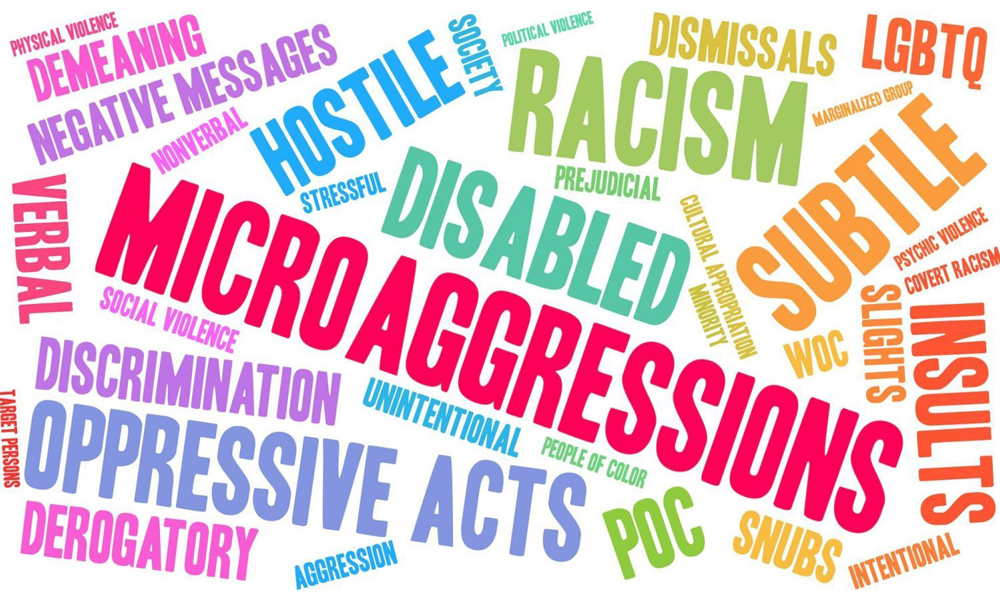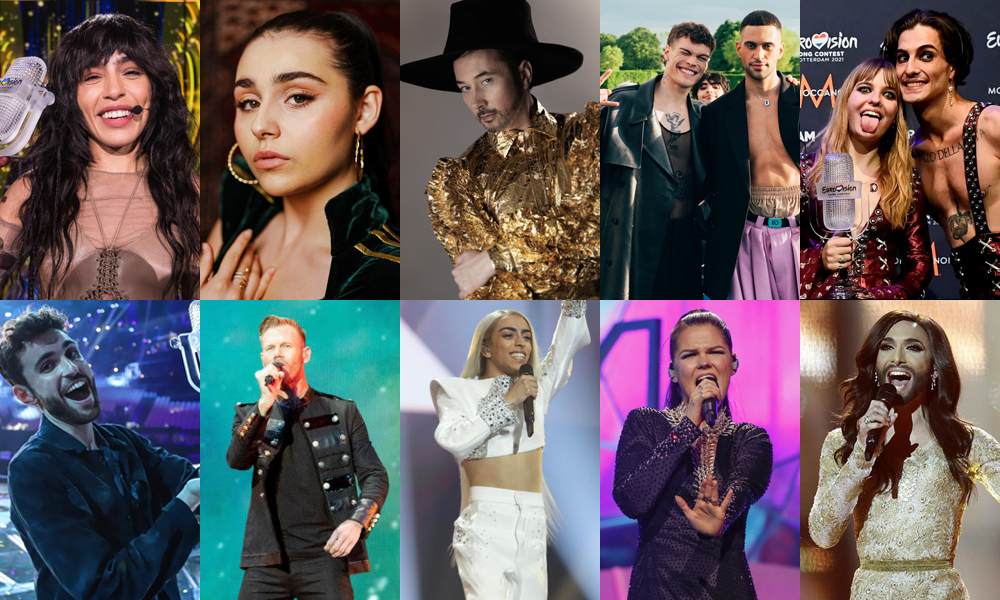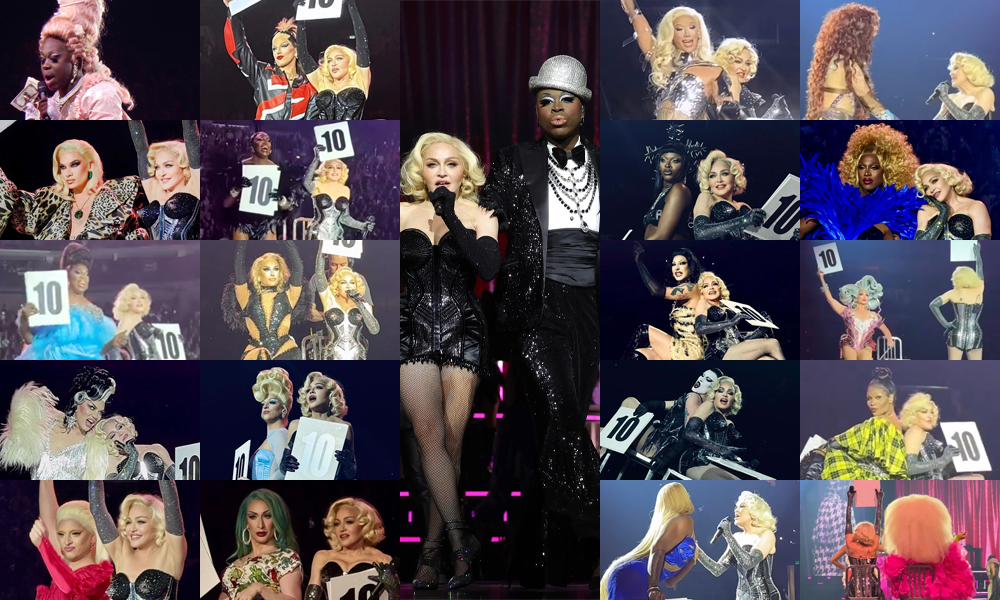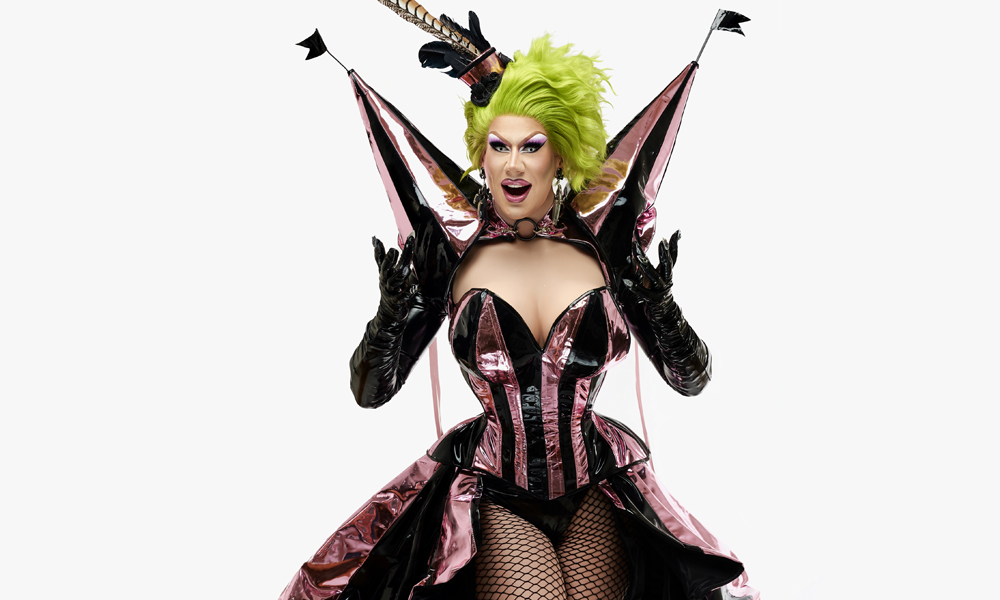Why microaggressions can be so crazy-making – and what to do about them…
By Paul Gallant
At a ceremony in New York in the spring of 2005, in front of about 125 guests, Kevin Nadal married himself. At the time a 27-year-old performance artist, comedian and PhD student in counselling psychology, he declared, “I, Kevin Nadal, take me, Kevin Nadal, to have and hold, in sickness and health.” His playful commentary on how single people are discriminated against in our society made international headlines, and to this day still turns up in Internet listicles.
A great stunt. But almost 15 years later, self-marriage is no longer Nadal’s claim to fame. This year’s winner of the Richard Tewksbury Award for his contribution to the intersection of sexuality, crime and justice, Nadal is an instructor in psychology at John Jay College of Criminal Justice in New York City and at the CUNY Graduate Center, and is the first openly gay man to serve as president of the Asian American Psychological Association.
As for cultural impact, Nadal has been one of the academics most influential around the idea of “microaggressions” toward LGBTQ people. It’s an idea that can be seen as a tool to create a more empathetic society – or, for those on the right, a symbol of political correctness and paranoia run amok.
The term was first coined in the 1970s by Chester Pierce, an African-American professor at Harvard University, who applied it to racism. It took off more broadly after a 2007 academic paper authored by Columbia University psychology professor Derald Wing Sue. Wing Sue went on to write the 2010 book Microaggressions in Everyday Life,and Nadal, who worked as a grad student on the 2007 paper, started applying the theory to interactions with LGBTQ people.
Hunh? What’s a microaggression?
Described as everyday verbal, nonverbal and environmental slights, snubs or insults that communicate negative messages to marginalized people, microaggressions might include pointed questions that put a person in their place (“No, where are you really from?”), assuming that someone is a service worker because of their ethnicity, police targeting people of colour just because they look “out of place,” backhanded compliments rooted in negative assumptions (“You’re surprisingly articulate!”), deadnaming or misgendering a transsexual person, or using expressions that cast a group in a negative light (“That’s so gay!” as an insult).
Most people can agree that a statement like “Get out of my home, you dirty [insert insult here]!” is hurtful, and that someone who heard stuff like that all the time might feel bad about themselves and their prospects in life. That’s pure aggression. Microaggressions are more controversial because it matters less whether they’re intentional or not. Maybe I don’t sit next to the flamboyantly dressed guy on the bus because I purposely want to make a public statement that he’s a gross degenerate, or maybe I don’t even notice what I’m doing, how it looks to others or how it feels to the person in question. Either way, it’s still a microaggression.
Stereotypes can passively get into our heads. The people around us (usually people who look and act like ourselves) and the media we consume (which we often choose to reflect our pre-existing views) shape our subconscious perceptions and beliefs, and then we find ourselves acting on these beliefs unconsciously. This is called “implicit bias.” You can train yourself to be aware of implicit biases, you can develop cognitive strategies to correct them in yourself, but it doesn’t seem realistic to get rid of them completely. (I once took an implicit bias test to determine if I was biased against gay and lesbian people; the result suggested I was slightly biased against straight people. Is that progress?)
How should we deal with it?
For those who see microaggressions as a problem, the preferred response is “calling them out.” Typically, this is pointedly critiquing the behaviour. It can be in-person (“When you didn’t invite me for after-work drinks, it made me feel I wasn’t included because I’m bisexual”), but you see flurries of call-outs on social media all the time. This can be crazy-making. Microaggressions are, by definition, subtle. Maybe I chose not to sit next to the flamboyantly dressed guy simply because the spot looked dirty. If I sat over here to make a point, maybe your calling me out will give me the opportunity to make a homophobic rant – and that won’t be fun for you. If my choice to sit over here was purely subconscious, maybe I’ll be defensive and irritated, list a bunch of excuses and treat you like you’re inventing grievances. In the best-case scenario, if I decide to listen to you calling me out, maybe you’ll find yourself investing time and effort trying to explain the microaggression to me – risking the chance that the moment I get off the bus, I’ll forget the whole damn thing. Being hyper-vigilant is exhausting.
When I mention to Nadal the various issues around “calling people out,” he takes a step back from the term. “It doesn’t have to be a call-out. Sometimes a call-out is used because there is an intention of wanting a person to acknowledge their bad behaviour,” he says. “At the same time, there can being pointing out or acknowledging the behaviour because this is something we want the person to learn from or reflect upon. It doesn’t have to be so defensive or reactionary.” Whether the microaggressor apologizes or learns something or not, the person who feels mistreated can have the satisfaction of having stood up for themselves, of having taken a step to make the world a better place for the next out-of-the-ordinary person who sits on the bench. They’ve done their duty.
Though critics characterize those who talk about microaggressions as using victimhood as a weapon and as stifling free speech, the idea actually shows a built-in optimism about humanity. Why bother to do it if everybody’s an asshole? The practice of calling out microaggressions assumes that most people, when they know better, will want to be nice. It can be seen as purely helpful.
“I’m not trying to police what people can say or do,” says Nadal, “but I want people to understand that when you do or say certain things, you can make people feel bad about themselves or make people feel unsafe or invalidated. If I could avoid doing something like that, why would I continue to do harm towards someone?”
Nadal is now working on his own book, tentatively titled Queering Law and Order, about LGBTQ people and the US criminal justice system, scheduled for publication in 2020. As well, he’s now legally married to a man…who is not himself. “From time to time people still ask me about marrying myself. But that was a show, a long time ago.”
—
PAUL GALLANT is a Toronto-based writer and editor who writes about travel, innovation, city building, social issues (particularly LGBT issues) and business for a variety of national and international publications. He’s done time as lead editor at the loop magazine in Vancouver as well as Xtra and fab in Toronto.






POST A COMMENT